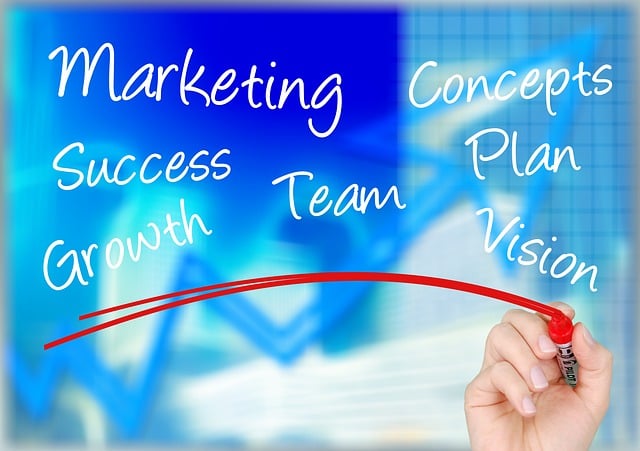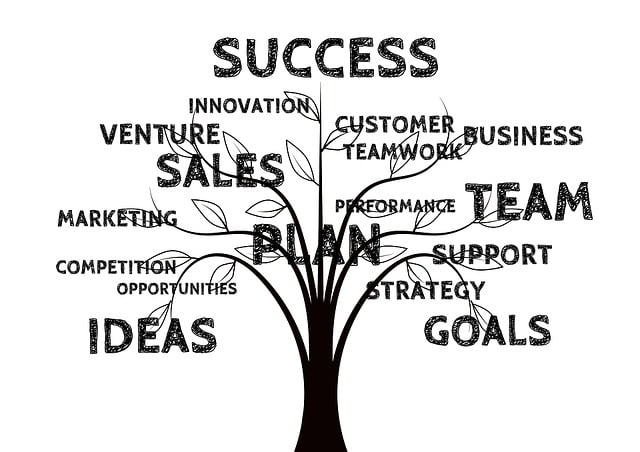AI systems are revolutionizing marketing strategies for auto repair businesses by leveraging machine learning, natural language processing, and predictive analytics to personalize campaigns, generate leads, optimize pricing, and streamline operations. Success involves setting clear goals, assessing infrastructure, collaborating with experts, testing AI technologies, tracking KPIs, and refining strategies based on data insights. This approach enhances customer satisfaction, boosts profitability, and keeps auto repair shops competitive in the digital age.
“Unleash the power of AI to transform your auto business! This comprehensive guide explores effective strategies for implementing artificial intelligence, specifically tailored to auto repair and marketing. Discover how AI can revolutionize customer engagement, streamline operations, and boost revenue. From understanding its role in modern auto repair to a practical step-by-step integration process, we provide valuable insights. Learn to measure success and continuously improve your business using AI systems for unparalleled marketing effectiveness.”
- Understanding the Role of AI in Auto Repair Marketing
- Implementing AI Systems: A Step-by-Step Guide
- Measuring Success and Continuous Improvement with AI
Understanding the Role of AI in Auto Repair Marketing

In today’s digital era, AI systems have emerged as powerful tools for auto repair businesses aiming for marketing success. By leveraging machine learning and natural language processing, these intelligent algorithms can analyze vast amounts of customer data to gain valuable insights into preferences, behaviors, and pain points. This enables auto repair shops to create highly personalized marketing campaigns that resonate with their target audience.
For instance, AI-driven chatbots can interact with potential customers, offering immediate assistance and generating leads. Predictive analytics powered by AI can anticipate maintenance needs based on vehicle history and driving patterns, fostering proactive customer engagement. Additionally, AI systems can optimize pricing strategies and promotions, ensuring competitive edge in the market. These applications not only enhance marketing effectiveness but also streamline operations, ultimately contributing to business growth and customer satisfaction.
Implementing AI Systems: A Step-by-Step Guide

Implementing AI Systems: A Step-by-Step Guide for Auto Businesses
The first step in adopting AI systems for marketing success in auto repair is to define your goals and use cases. Identify specific areas where AI can drive efficiency, such as predictive maintenance, personalized customer experiences, or targeted advertising campaigns. This phase involves gathering insights from stakeholders and understanding the unique needs of your auto repair business. Once defined, prioritize these goals to create a roadmap for implementation.
Next, assess your current infrastructure and data capabilities. Ensure you have the necessary hardware, software, and data pipelines in place to support AI integration. This may include upgrading existing systems, acquiring new tools, or enhancing data storage and management practices. Collaborate with IT professionals and data scientists to select appropriate AI technologies and algorithms aligned with your defined use cases. With a solid foundation, begin pilot testing and iterate based on feedback and performance metrics.
Measuring Success and Continuous Improvement with AI

Measuring Success and Continuous Improvement with AI plays a pivotal role in the performance and growth of auto businesses leveraging these advanced systems for marketing success in auto repair. Key performance indicators (KPIs) tailored to AI initiatives, such as increased customer engagement, improved conversion rates, and enhanced operational efficiency, serve as benchmarks to gauge effectiveness. Advanced analytics tools within AI platforms enable auto repair shops to track customer behavior patterns, identify trends, and make data-driven decisions for continuous improvement.
Regular evaluation of AI systems’ performance allows businesses to refine their strategies, optimize processes, and stay aligned with evolving market demands. By embracing a culture of continuous learning and adaptation, auto repair shops can harness the full potential of AI in enhancing marketing efforts, ultimately leading to increased profitability and customer satisfaction.
AI is transforming the auto industry, and its potential in auto repair marketing is immense. By implementing AI systems, businesses can streamline operations, enhance customer experience, and gain valuable insights. Following a structured approach outlined in this guide—from understanding AI’s role to continuous improvement—auto repair shops can achieve marketing success, increase efficiency, and stay competitive in today’s digital era. Embracing AI as a strategy is not just beneficial but necessary for long-term growth.
